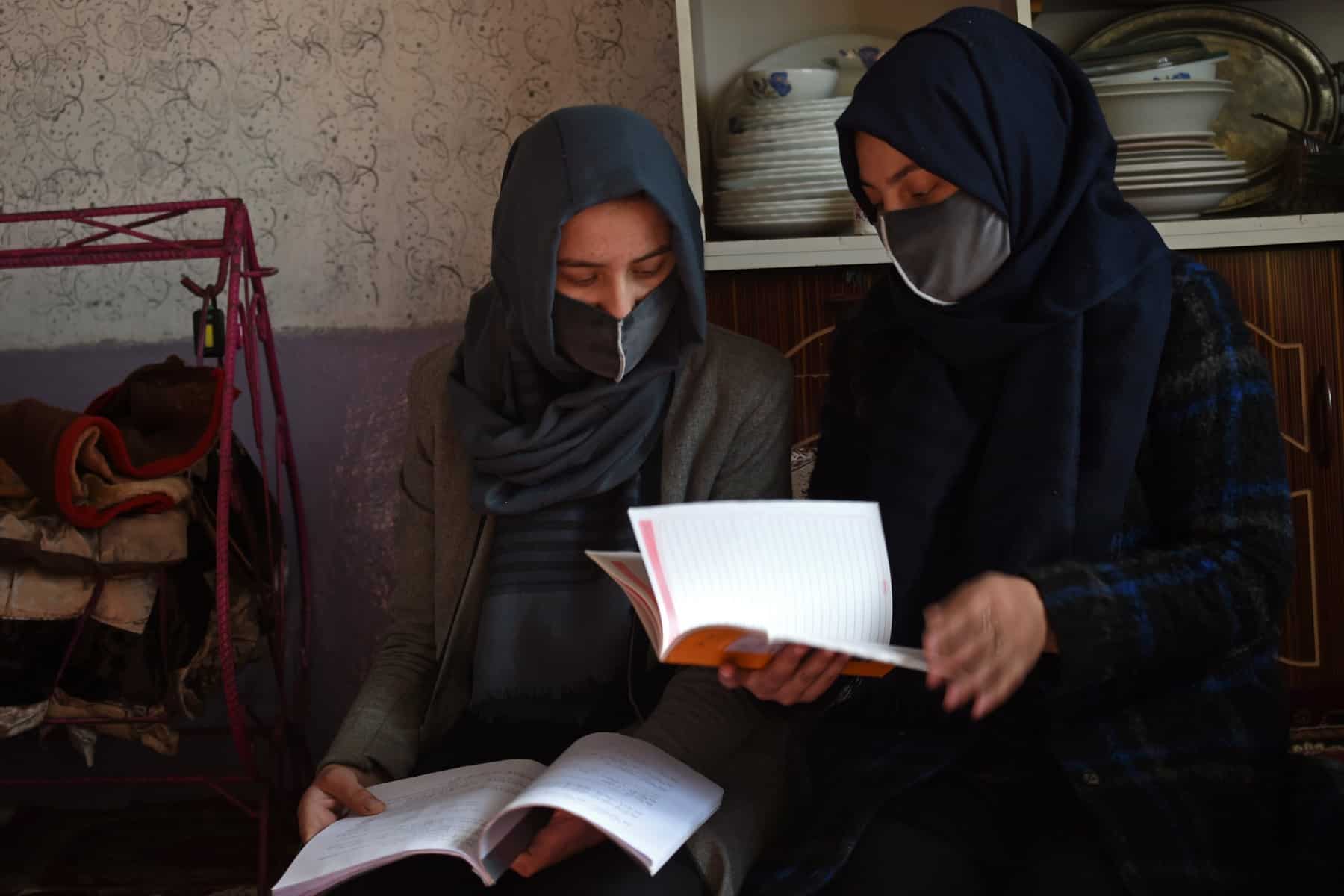Doha, Qatar — Women returning to the workforce following a career break have the potential to contribute nearly $385bn to the GDP across nine countries in the Middle East and North Africa (MENA) region, a study shows.
This indicates a significant economic potential, provided that organizations can adopt supportive measures to facilitate their smooth transition back into the workforce.
The findings stem from PwC Middle East’s report, Navigating the path back: Women returners in MENA, the first in the ‘The case for diversity’ series that explores the different dimensions of diversity in the region.
The report draws insights from over 1,200 women in the UAE, Saudi Arabia, Qatar, Egypt, Bahrain, Jordan, Kuwait, Lebanon, and Oman. It also includes critical perspectives from leading CEOs in the region.
Results show that nearly half (44 percent) of women in MENA have taken a break over the course of their careers, typically driven by family and caregiving responsibilities.
More than two-thirds (68 percent) of them possess beyond entry-level experience. Furthermore, 82 percent of women who have returned to work following career breaks believe they can progress to the top levels of their organizations.
However, nearly half (49 percent) of these women agree that their job applications have been rejected due to gaps in their resumes.
Those that can rejoin the workforce face several challenges, including employer stigma, lack of flexible working arrangements to manage work along with other responsibilities, and the risk of of being subject to slower career advancement or reduced earnings compared to their peers as a result of being “mommy tracked.” The survey results also suggest that the longer time spent out of work, the more challenging it is to return.
Bassam Hajhamad, Qatar Country Senior Partner and Consulting Lead, PwC Middle East, said, We remain committed to advancing gender equality within our firm as a key priority for our growth and development. While there is still ground to cover, we are encouraged by the strides we have made in challenging biases and fostering an inclusive environment for women.”
Norma Taki, Middle East Inclusion & Diversity Leader, Transaction Services Partner and Consumer Markets Leader, said, “Our report shows that providing alternative work models such as flexi- or remote working can help women balance their work and home responsibilities in a way that suits them best. Additionally, allowing women to work additional hours by granting them flexibility could lead to GDP gains of up to $4.3 billion across the nine countries in the study.”








